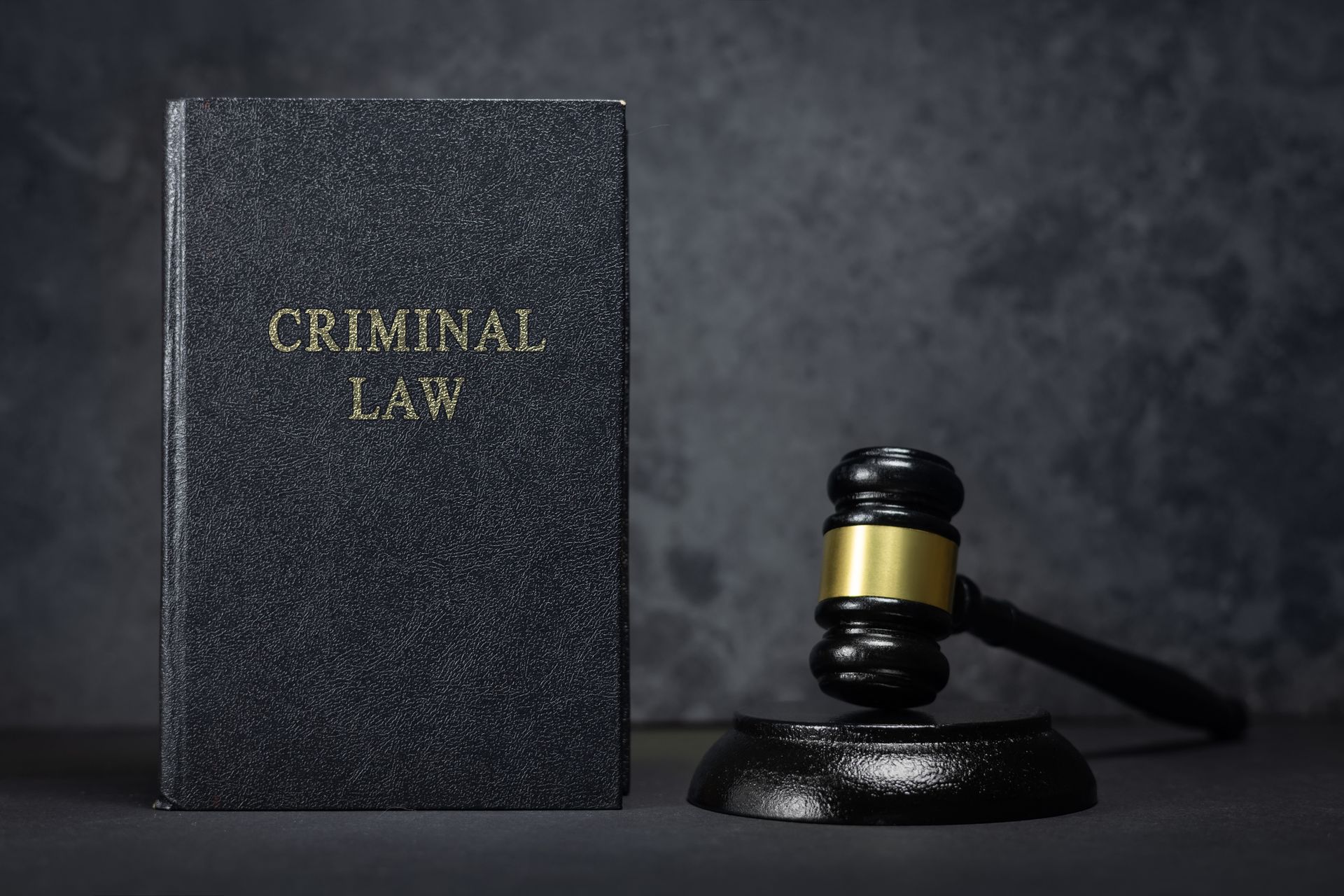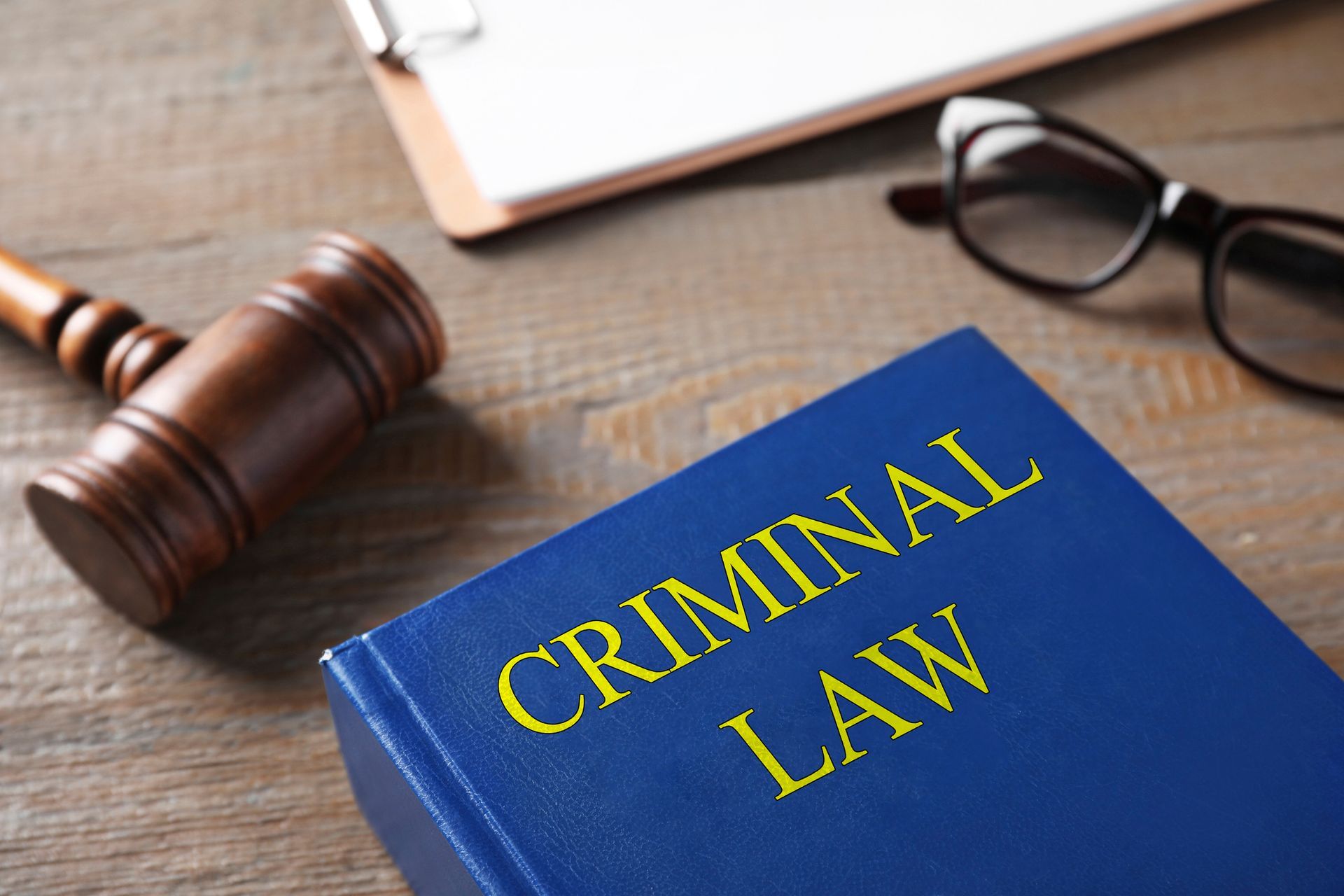Advice from a Grand Junction Estate Planning Attorney… Are you ready to make a will?

Estate planning and wills are a tough subject, as no one wants to think about the end of their life. However, creating a will is one of the most effective ways to make sure your personal property ends up in the hands of your chosen beneficiaries. Planning in advance will save your family time and money and ensure your life’s possessions are distributed properly.
Since creating a will can sometimes be daunting and overwhelming, we have created a short list of the most important things to remember when beginning the estate planning process and creating a will.
Identify yourself – Provide complete information to identify yourself, including social security number, ID or Drivers License number or other valid, legal identification sources.
Gather Information and Assets – Create a list that includes all your personal assets. This includes property, real estate, personal items of value to you, investments, life insurance benefits and coverage, business interests, pensions and annuities. You must gather appropriate documentation for all assets. This includes the deed to your house the title to your vehicles, bank statements, investment paperwork, or appraisal paperwork for personal property that is of value.
Gather Information regarding existing debt – Include information and documentation concerning debts and financial liabilities such as loans, taxes, credit and business obligations.
Choose an executor – This must be a person you trust to handle your will and carry out your requests. This person should know in advance that they are the responsible party and should have access to the necessary information to handle your financial affairs, taxes, bills etc. Clearly identify this person and include contact information such as address, telephone numbers, email, etc.
List of beneficiaries – This should include people, organizations, charities etc. Be sure to identify all beneficiaries clearly to avoid any unnecessary confusion.
Guardianship of children
- If you have children under the age of 18 you will need to decide who should maintain guardianship over them and any inheritance that you leave them. It is often good practice to select a primary guardian and a substitute guardian in case something were to happen that is unforeseen at the time of the creation of the will.
Include funeral arrangements and instructions – If you have preferences regarding your funeral location, planning and details, this can be included in your will to ensure your wishes are communicated properly and carried out in the manner you choose.
Understand the difference between a will and a trust – For some a living trust makes a lot of sense. Property and assets left in a living trust can often avoid probate and prevent your financial affairs from becoming public record. A living trust is a bit more complicated than a will and must be actively managed. Individuals who have accumulated estate value that exceeds the estate tax threshold may consider setting up a trust with tax planning provisions. Individuals who have children or grand children often consider living trusts as a way to provide assets to minor beneficiaries and control how and when the inheritance is distributed to them.
There are many ways to create a legal and effective will through online services and do it yourself guides. Though we encourage you to consult an estate planning attorney for advice on asset distribution, establishing trusts and understanding the states legal requirements, you do not have to have an estate lawyer create or sign your will for it to be valid.
Along with the above listed information here are a few basic requirements to include to make sure your will becomes a valid legal document:
- It must be signed by at least two witnesses. In most states, these witnesses must not be included in the will.
- Type written and signed by the person drafting the will
- The person must be 18 years old for the will to be legal
- The will must contain a statement attesting that it is your “last will and testament”, the date and place of signing and that you signed it in the presence of two witnesses.
If you find yourself in a more complicated situation, i.e. recent divorce, owning multiple businesses, disabled family members, substantial assets in IRA’s and 401k’s, taxable estate, or real estate assets in multiple states, you will most likely need the assistance of an estate planning attorney to ensure all legal requirements are completed and your family is not left with unfortunate surprises. If any of these more complex situations apply to you, the time spent with an estate attorney could potentially save your family thousands of dollars in probate lawyers and IRS penalties. Estate planning is never a one-size-fits-all template. An experienced estate planning attorney will be able to consult with you individually and provide you with the basic information you need to decide what is best for you.










